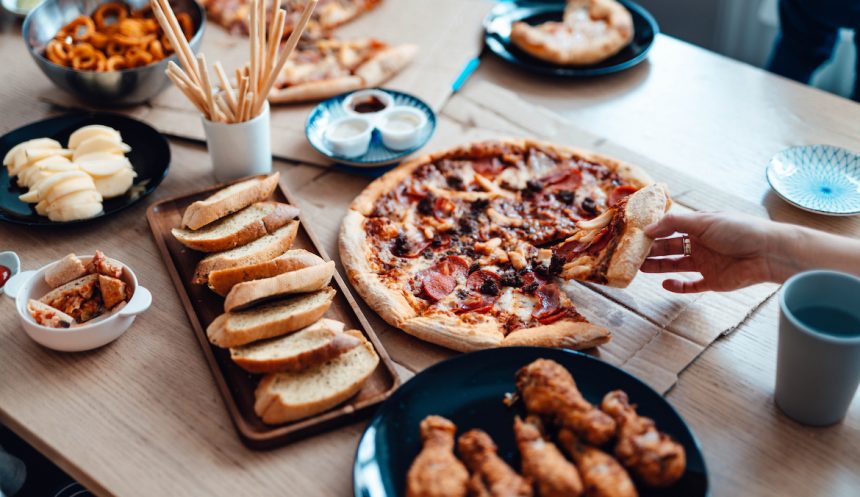Here, a registered dietitian sheds light on the dangers of ultra-processed foods and explains why it’s not necessary to completely eliminate them from your diet.
First, delving into the study
This study was quite extensive, involving over 300,000 participants monitored for more than a decade. Throughout this observational period, researchers examined how the consumption of processed foods correlated with the risk of developing type 2 diabetes.
The most processed foods, referred to as “ultra-processed,” include items like savory snacks, processed meats, ready-to-eat meals, and sugary drinks. The study found that a high intake of these ultra-processed foods significantly increased the risk of developing type 2 diabetes.
Researchers also observed a clear link between the amount of ultra-processed foods consumed and the risk of developing type 2 diabetes. However, they emphasized that choosing less processed options can help reduce this risk, such as opting for whole foods like fresh fruits and vegetables, as well as minimally processed items like unsweetened yogurt, oats, and canned fish and beans.
What’s the limit for ultra-processed food consumption?
When considering how foods impact our health, it’s crucial to evaluate the frequency of consumption, explains Alexis Law, RDN, a registered dietitian at Top Nutrition Coaching. She highlights that ultra-processed foods are often easily accessible and affordable, leading individuals to regularly overindulge.
These foods tend to be rich in sugar, salt, and fat – components that are acceptable in moderation but not ideal for regular consumption.
According to Law, excessive intake of sugar, salt, and fat from ultra-processed foods can hinder the necessary nutrients from whole foods like fruits and vegetables in your diet.
“If your dietary choices lead to neglecting essential foods, it’s excessive,” says Law. “Moreover, exceeding the recommended sodium intake limit of 2,300 milligrams per day due to these ultra-processed foods is also considered too much.”
Can ultra-processed foods be part of a healthy diet?
Before discarding your favorite processed snacks, understand that you can incorporate them into a balanced eating regimen. Law emphasizes that whole and minimally processed foods should constitute the majority of your nutritional intake.
“To maintain a balanced diet, prioritize foods that you need more of. Creating a snack plate with a mix of ‘fun’ and ‘essential’ foods is a great strategy,” Law suggests. Pairing indulgent snacks like chips with protein-rich nuts, cheese, and veggies ensures a balanced approach.
Law advocates against radical dietary changes, as complete restriction can heighten cravings and potentially lead to overeating.
“Food should bring joy, and cutting out specific items doesn’t guarantee adequate nutrition,” Law explains. “Focus on supplementing your diet with essential foods instead.”
She also recommends being mindful while consuming indulgent foods to fully relish them, skipping distractions like driving or TV to savor each bite.
Well+Good articles rely on reputable, up-to-date scientific studies to validate the information provided. You can trust us on your wellness journey.
- Dicken, Samuel J. et al. Food consumption by degree of food processing and risk of type 2 diabetes mellitus: a prospective cohort analysis of the European Prospective Investigation into Cancer and Nutrition (EPIC). The Lancet Regional Health – Europe. 2024 Sept 16;0(0):101043. doi: 10.1016/j.lanepe.2024.101043.
- Chen Z, Khandpur N, Desjardins C, Wang L, Monteiro CA, Rossato SL, Fung TT, Manson JE, Willett WC, Rimm EB, Hu FB, Sun Q, Drouin-Chartier JP. Ultra-Processed Food Consumption and Risk of Type 2 Diabetes: Three Large Prospective U.S. Cohort Studies. Diabetes Care. 2023 Jul 1;46(7):1335-1344. doi: 10.2337/dc22-1993. PMID: 36854188; PMCID: PMC10300524.






